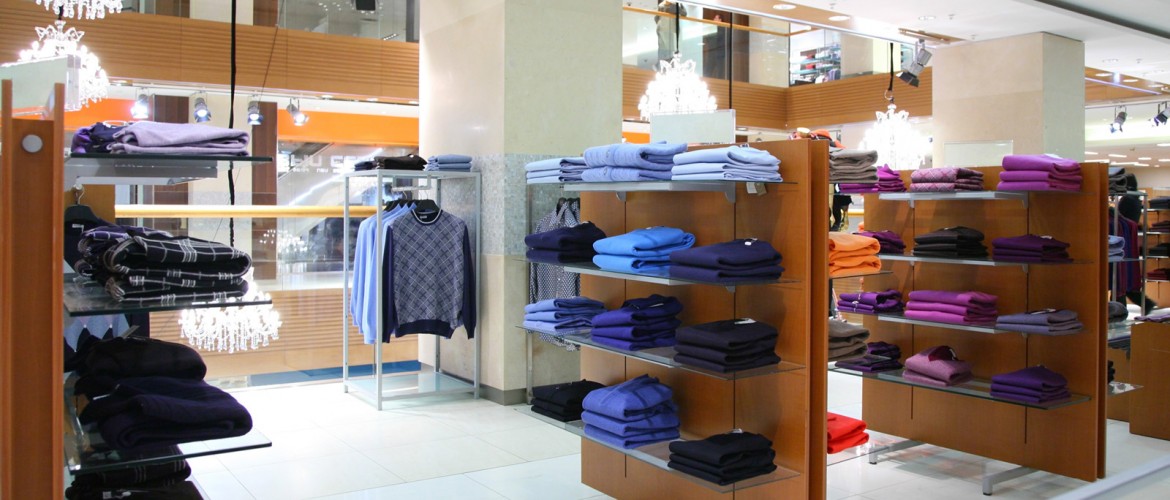If you’re running a business, then your workforce will be regularly performing several different tasks, which are necessary for the organisation to function. These are the staff who stack shelves, sweep floors, transport goods, and make decisions about the direction of the business.
Each of these tasks, depending on the business, will need to be performed on a regular basis. This allows the people performing them to become proficient in that performance – and with the right training, they might become even more so. Take the person who stacks shelves every day for hours on end, and receives instruction from a person who’s been stacking shelves for hours on end every day for years. This person is likely to become very, very good at stacking shelves. And in turn, they’ll be able to pass their skills onto new members of staff. Thus, your business will gather a skills base.
And this is so for almost every job that’s performed regularly. But there are some jobs which need only be performed very occasionally – such as deciding what objects should go onto the shelf, and how they should best be arranged. This presents a dilemma for those running the business – they can either give an existing member of staff the job temporarily, thereby preventing them from doing their allotted task (the task in which, remember, they’ve become proficient), or they can hire a specialist member of staff to focus entirely on the rarely-performed task, and remain idle for the rest of the time.
Both options are unappealing for different reasons. That’s why so many businesses instead turn to a third option – hiring an outside expert to come in, perform the task well, and then leave. In this article, we’ll explore the various ways in which a specialist field sales agency might provide your business with the help it needs to thrive.
Mystery Shopping
Poor customer service is a lot like bad breath – you won’t be able to smell your own, but you can be sure that everyone else will be talking about it if you fail to brush your teeth for days on end. Poor customer experiences are likely to be spoken about volubly – so it’s essential for retailers to gather information about the sort of customer experience they’re delivering.
A mystery shopper is a great way of obtaining a customer’s eye view of your retail outlet. An internally-conducted mystery shop isn’t as impartial or objective as an outsider can be. You’ll be able to collaborate with your field marketing agency, and devise questions that address your key weaknesses. Once you’ve obtained the mystery shopper report, you’ll then be able to take the necessary action to improve your customer service.
Product Demonstration
For products whose merits aren’t immediately obvious, a demonstration can be an effective way of convincing potential customers. A person who’s skilled at demonstrating products will be able to leave an audience enraptured, and generate sales from thin air. A person who isn’t, on the other hand, will struggle to hold anyone’s attention – or communicate the advantages of the product being sold.
As in the example of our hypothetical shelf-stacker, a person who spends lots of time developing a sales pitch and performing it to crowds, and then using the feedback to hone the pitch further, will be far more effective than a bumbling amateur – if you want your product cast in the best possible light, then, it’s essential that you seek the services of a specialist product demonstration agency.
Product Sampling
Some products simply sell themselves – provided that would-be customers are provided with just a small taste of them. This is the function of product sampling, which sees small portions of products being given away for free, in the hope that the recipient will return for more – and be happy to pay for it.
Though it might seem counterintuitive, product sampling can yield astonishingly high conversion rates, provided that it’s deployed sensibly. This is one area where a dedicated product sampling agency can shine – they’re able to effectively target the samples where they’re most likely to yield a conversion.
Retail Audit
A retail audit is quite unlike the financial sort of audit that many are familiar with. Instead of examining a company’s finances, a retail auditor will examine its shop floor – and determine where the weaknesses are, and how those weaknesses might be addressed.
A retail auditor has the considerable advantage of being impartial and distant from the store itself. They’re also acquainted with how an effective shop looks, having visited hundreds of them. They’re therefore qualified to offer an expert opinion on the subject.










Comments are closed.